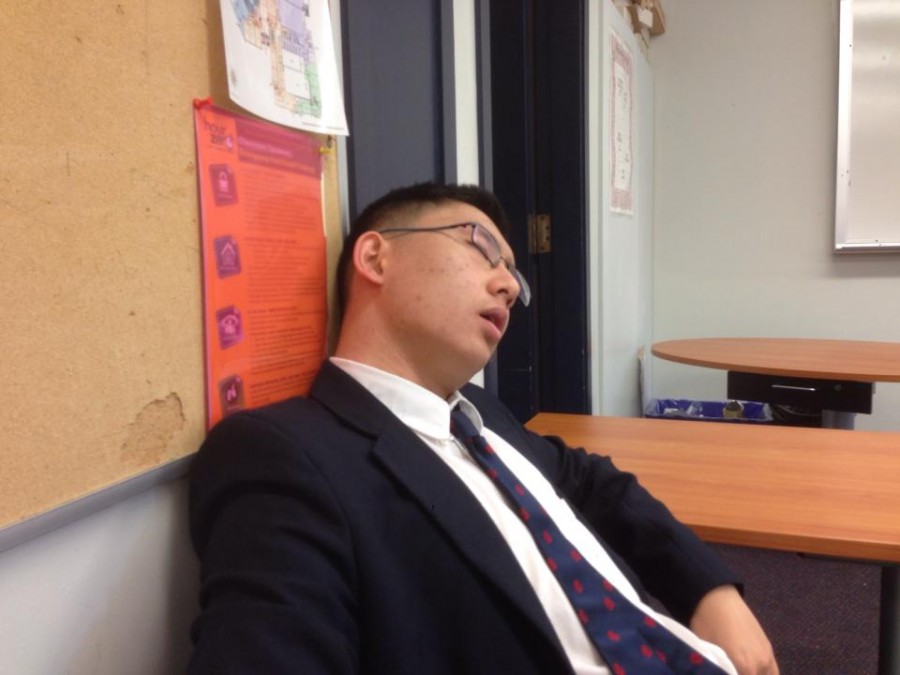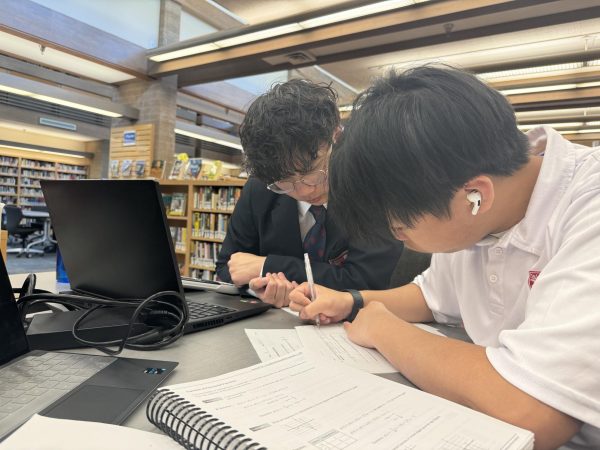A Spotlight on Sleep: Getting Enough Z’s
Do you often feel like falling asleep during the day? Do you ever feel like you aren’t well rested when you wake up in the morning? Do you think that your daily life is affected by the amount of sleep you get? If you answered yes to any of these questions, you are one of the millions of people around the world who suffer from one of the most troublesome and incessant conditions that exists: sleep deprivation.
Sleep is a basic human necessity that is essential for a productive and fulfilling life. Studies have shown that a simple good night’s rest can help protect mental health, physical health, quality of life and even safety; it also functions in many other ways, such as preparing the brain for the next day, improving learning and memory, reducing the risk of health problems and invigorating the mind and body. In fact, a recent Sleep in America poll conducted by the National Sleep Foundation found that stress and poor health are highly correlated with amount and quality of sleep. Kristen Knutson, a National Sleep Foundation Scholar, believes that “understanding the importance of sleep and taking a proactive approach to bed times can help everyone improve their sleep, even people with pain”. Although it has been said that less sleep is needed as age increases, it remains crucial that people should never neglect the importance of sleep and instead develop an understanding of why it is a fundamental aspect of a long, healthy and happy life.

Despite the numerous apparent benefits of getting quality sleep every night, there still remains an immeasurable number of people who struggle to acquire the sleep that they, their bodies and minds need. Not only is getting insufficient sleep emotionally, mentally and physically harmful, it can also cause dangerous situations and even be life-threatening. The National Highway Traffic Safety Administration estimates that roughly 100,000 police-reported crashes result from driver fatigue every year; this results in around 1,550 deaths, 71,000 injuries, and $12.5 billion in monetary losses. So what is the problem? This constant lack of sleep, known as sleep deprivation, is mostly not due to a consequence of ignorance but rather various external factors that impact the schedules, emotions and behaviors – and thus the amount of sleep – in a person’s life. For high school students in particular, the overwhelming number of tests, assignments, sports and extracurricular activities combine to strongly influence, and often deter, the adequate amount of sleep that students need.
At St. George’s, the expectations placed on the students require an immense amount of energy and effort to be met. Besides the usual working hard to achieve high grades in all their courses, the boys have to work hard in other aspects of their lives, such as maintaining strong relationships, staying healthy and being an active member in the Saints community, just to name a few. Although it may seem like it should be easy to get to sleep every night with so many things to do and so much energy spent, the reality is that the connection between sleep and activities often works in the other way than is expected. Because of the abundance of concerns that Saints students have to worry about, stress is therefore accumulated, a feeling of pressure and anxiety that is heavily correlated with lack of sleep. Furthermore, there is often just too much to do in one day; no matter how well-designed a schedule is, there are days when students have to sacrifice sleep, either hours or the whole night, just to finish all of their tasks.
Statistics and facts can only show so much about the topic of sleep, so what do students have to say for themselves? Below are two interviews that provide deeper insight into what students think about the sleep problems they have as well as the different factors they think are responsible for these issues. The first interview gives a perspective from a public school student and the second gives one from a private school student – notice the differences and similarities in their responses.
The similar responses given by a public school student and a private school student emphasize the fact that sleep deprivation is a universal problem that affects people from all walks of life. Because of this, there does not exist an exact solution to the condition that is guaranteed to work for everyone; however, there are still many useful tips that can be used to combat sleep deprivation:
-Determine the cause of your sleep deprivation
-Go to sleep and wake up at a consistent time every single day
-Take naps when necessary, but do not nap too late
-Only have caffeine in the morning
-Use the bed for sleeping only so that the body associates the bed with sleep
-Avoid mobile devices or anything that can distract from falling asleep
-Create a schedule for all daily activities and adhere to it
-Seek friends, family, counselors and teachers for help
-Develop stronger time management skills and avoid procrastinating – the faster work is finished, the more sleep can be had!
Changing habits to overcome sleep deprivation is surely not an easy task to accomplish but with commitment and dedication, it can definitely be done. It may take weeks, months or even years but remember that fixing poor sleep habits is worth the effort; only by getting the right amount of quality sleep can a contented and fulfilling life be had.
For more information on the topic of sleep deprivation, check out the following article: http://www.ncbi.nlm.nih.gov/pmc/articles/PMC2656292/

Kenneth Ng is currently a Grade 12 student at St.George's School. Since joining Saints in Grade 8, he has been involved in many areas of the school such...













Kenneth Ng • May 31, 2015 at 1:44 pm
Thank you so much for your kind words Ms.Schuetze!
Heather Schuetze • May 31, 2015 at 9:15 am
I appreciate this timely article on the necessity of sleep and it is a problem issue that I deal with very often in my work as a counselor. The interviews were helpful as well, but I am hoping that all the pictures of slumbering students were obtained with their agreement afterwards?
Keep up the great work at the Creed. It is truly a valuable source of information.
H. Schuetze